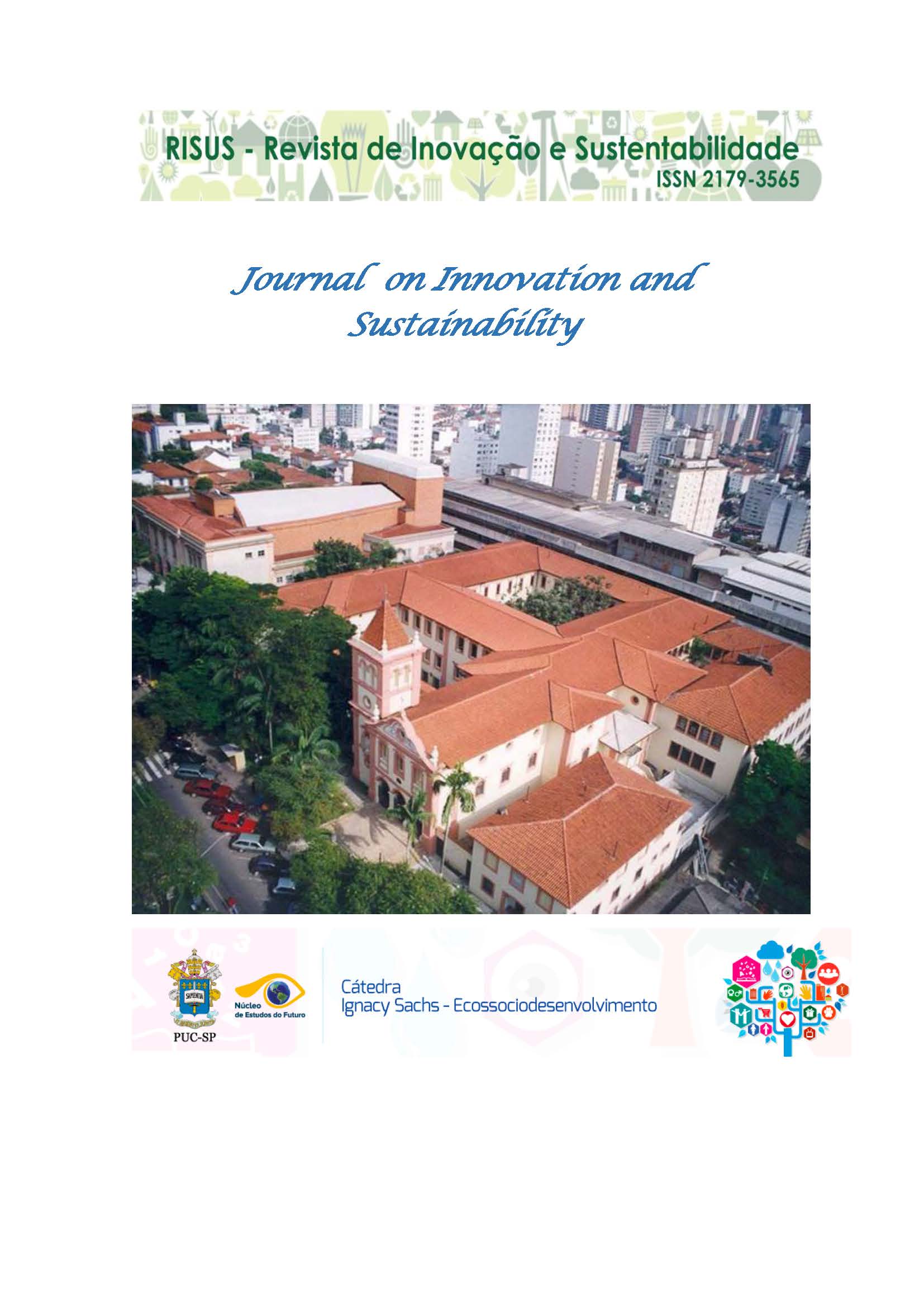Human intelligence and artificial intelligence and the challenges of biases in ai algorithms
DOI:
https://doi.org/10.23925/2179-3565.2023v15i1p133-142Keywords:
artificial intelligence, machine learning, algorithmic bias, social impacts, ethical designAbstract
This article acknowledges the profound transformations that Artificial Intelligence imposes on society. A descriptive-exploratory study aims to discuss algorithmic biases and understand their impacts on society. The article starts from the understanding of human intelligence and learning from a pluralistic perspective, based on the analysis of literary works and scientific articles. This approach provides a context in which AI and machine learning can be conceived from an innovation perspective for the common good. The critical analysis emphasizes the need for ethical approaches in the development of these systems. The topics discussed highlight the importance of a multidimensional approach in mitigating algorithmic biases. From data selection to audits and accountability, diversity of perspectives, both in datasets and development teams, is crucial. The implementation of continuous training and human supervision reflects a continuous commitment to transparency and fairness in artificial intelligence. These integrated strategies are essential for the ethical, transparent, and equitable development of AI. This holistic approach, involving diverse skills and people, continuous training, and vigilant oversight, is vital to ensure the ethical use of AI for the collective well-being.
References
AUSUBEL, D. P. Educational psychology: a cognitive view. Nova York: Holt, Rinehart and Winston, 1968.
BLACKMAN, R. Ethical Machines: Your Concise Guide to Totally Unbiased, Transparent, and Respectful AI. Cambridge: Harvard Business Review Press, 2022.
GARDNER, H. Inteligências Múltiplas: a teoria na prática. Trad. Maria Adriana Veríssimo Veronese. Porto Alegre: Artes Médicas, 1995.
GARG, N. et al. Word Embeddings Quantify 100 Years of Genderand Ethnic Stereotypes. Proceedings of the National Academy of Sciences. Stanford. v. 115, n. 16. abr. 2018. Disponível em: https://www.pnas.org/doi/epdf/10.1073/pnas.1720347115. Acesso em: 12 jun. 2022.
GRAGLIA, M. A. V., HUELSEN, P., LAZZARESCHI, N. The growing moral challenge in the face of technologies: internet, social networks, IoT, blockchain and artificial intelligence. In: RISUS – Journal on Innovation and Sustainability, São Paulo, v. 12, n.2, p. 17-29, abr./ mai. 2021. Disponível em: https://doi.org/10.23925/2179-3565.2021v12i2p17-29. Acesso em: 14 out. 2022.
GRAGLIA, M. A. V.; LAZZARESCHI, N. Transformações no mundo do trabalho: tensões e perspectivas/ Noêmia Lazzareschi, Marcelo Augusto Vieira Graglia, orgs. - São Paulo: Educ: PIPEq, 2023.
GUTIERREZ, A. É possível confiar em um sistema de inteligência artificial? Práticas em torno da melhoria da sua confiança, segurança e evidências de accountability. In: FRAZÃO, Ana; MULHOLLAND, C (coord.). Inteligência artificial e direito: ética, regulação e responsabilidade. São Paulo: Revista dos Tribunais, 2019. p. 83-97. Disponível em: www.jusbrasil.com.br/doutrina/inteligencia-artificial-e-direito-etica-regulacao-e-responsabilidade/1196969611. Acesso em: 21 nov. 2022.
INSTITUTE FOR ELECTRICAL AND ELECTRONICS ENGINEERS. 2019. Ethically Aligned Design: a Vision for Prioritizing Human Well-Being with Autonomous and Intelligent Systems. First Edition. IEEE. Disponível em: https://sagroups.ieee.org/global-initiative/wp-content/uploads/sites/542/2023/01/ead1e.pdf . Acesso em: 16 out. 2022
KAHNEMAN, D. Rápido e Devagar: duas formas de pensar. Tradução de Cássio de Arantes Leite. Rio de Janeiro: Objetiva, 2012. [E-pub].
MATURANA, H.; VARELA, F. A Árvore do Conhecimento: as bases biológicas da compreensão humana. São Paulo: Palas Athena, 2001.
MINHARRO, E. R. S. Inteligência Artificial na Justiça Brasileira. in Inteligência Artificial nas Relações de Trabalho. Leme: JH Mizuno, 2022. [E-book].
MORIN, E. O Pensar complexo: Edgar Morin e a crise da modernidade. Org. Pena-Vega, Alfredo. do Nascimento, Elimar Pinheiro. 2ª ed. Rio de Janeiro. Garamond, 1999.
_______. Ciência com consciência. Tradução de Maria 8'1 ed. D. Alexandre e Maria Alice Sampaio Dória. 8 ed. Rio de Janeiro: Bertrand Brasil, 2005.
PIAGET, J. J; INHELDER, B. The Psychology of The Child. New York: Basic Books, 2008.
SANTAELLA, L. Inteligência artificial & redes sociais, org. São Paulo: EDUC/PIPEq, 2019. E-Book.
VYGOTSKY, L. S. Mind in Society: The Development of Higher Psychological Processes. Reino Unido: Harvard University Press, 1980.
ZHAO, J. et al. Men Also Like Shopping: Reducing Gender Bias Amplification using Corpus-level Constraints. University of Virginia. jul. 2017. Disponível em: https://arxiv.org/abs/1707.09457. Acesso em: 19 jun. 2022

Downloads
Published
Issue
Section
License
This Journal is licensed under a Creative Commons Attribution-Non Commercial-No Derivers 4.0 International license.
1.The author (s) authorize the publication of the article in the journal;
2.The author (s) warrant that the contribution is original and unpublished and is not in the process of being evaluated in other journal (s);
3. The journal is not responsible for the opinions, ideas and concepts emitted in the texts, as they are the sole responsibility of its author (s);
4. The editors are entitled to make textual adjustments and to adapt the articles to the standards of publication.

